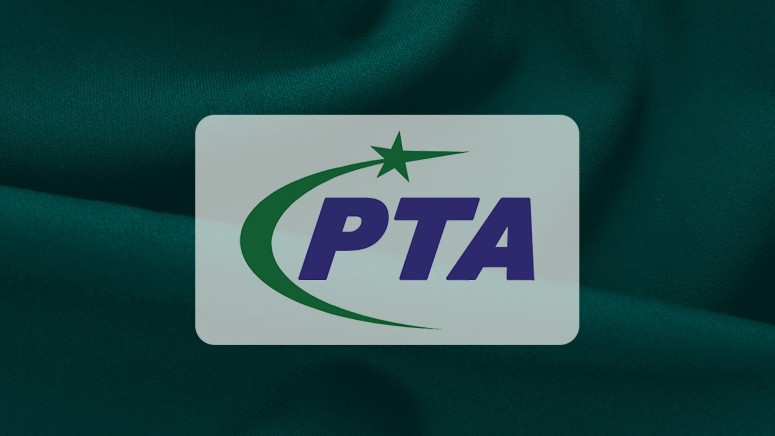
Pakistan Issues First VPN Licenses Amid Push to Regulate Online Privacy Tools
- Pakistan issues first VPN licenses to three companies under new regulatory framework.
- PTA urges all VPN providers to get licensed to avoid service disruptions.
- VPN use surges amid social media bans; privacy concerns rise with local licensing.
The Pakistan Telecommunication Authority (PTA) has officially granted licenses to three companies to provide Virtual Private Network (VPN) services in the country. This is the first step in Pakistan's attempt to control VPN use, which has increased dramatically in recent months due to pervasive internet restrictions.
In a public statement, the PTA confirmed that the licenses were issued under the Class License for the Provision of Data Services framework. "PTA has already granted Class Licenses to provide VPN services to three companies," the authority announced, emphasizing the start of a new regulatory process aimed at controlling how VPNs operate within Pakistan.
The licensing initiative comes at a time when VPN use has surged across the country. In fact, some time back, the Pakistan government blamed VPNs for reduced internet speed throughout the nation. And since February 2024, the government has blocked access to several social media platforms, including X (formerly Twitter), prompting many users to rely on VPNs to access these services. Other platforms reportedly affected include Facebook, Instagram, WhatsApp, and Bluesky.
Under the new rules, VPN providers operating in Pakistan are now urged to apply for a license to avoid future service disruptions. “Timely licensing will help prevent potential service disruptions and ensure uninterrupted access for their customers,” the PTA said.
The idea of regulating VPNs in Pakistan was first proposed in December 2023. The aim was to shift the provision of VPN services to local companies that the government could more easily monitor, rather than foreign providers. As local media outlet Dawn pointed out, this could affect user privacy, as licensed VPN providers might be more susceptible to government monitoring.
This move has raised concerns about the future of online privacy and anonymity for users in the country. If VPN traffic is monitored under the new framework, the effectiveness of VPNs as privacy tools could be compromised.
Back in December, Proton VPN stated that if forced to comply with local regulations, they might adopt Smart Routing technology instead of physical servers, as they did in India in response to similar policies. Other providers have not yet commented publicly on how they plan to respond.
Although there are still concerns about how enforcement will proceed, the new licensing scheme may mark the end of unregistered VPNs in Pakistan. Similar attempts to control VPNs in 2023-2024 were unsuccessful because of legal issues, which compelled the government to lift its prohibition on unregistered providers.
As of now, it's unclear how strictly these new regulations will be enforced or how VPN providers, especially foreign ones, will adapt. What remains certain is that the digital privacy landscape in Pakistan is shifting, and users may soon face a very different environment when it comes to using VPNs, even those considered among the best VPNs for Pakistan.













